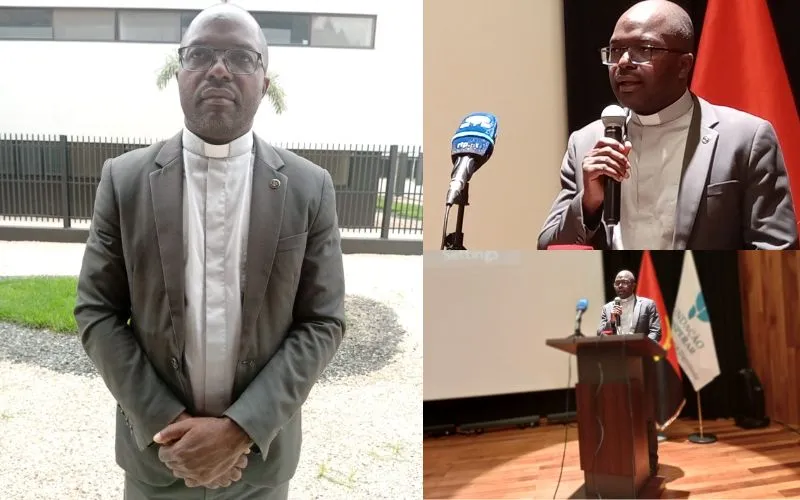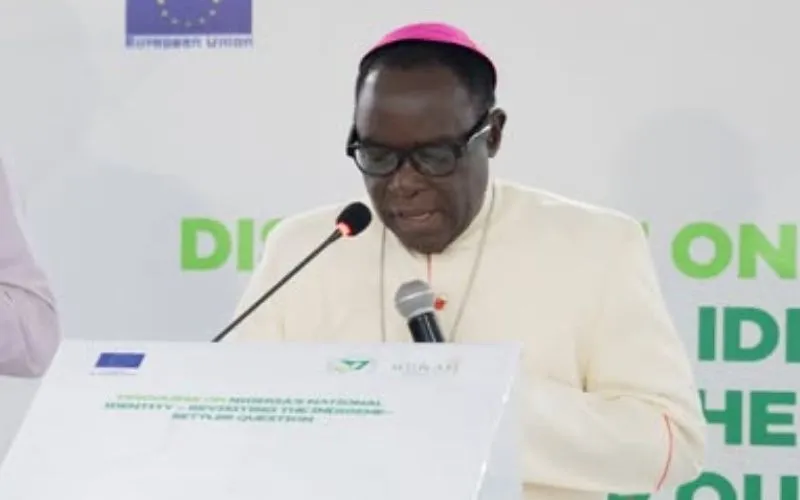He continued, “There are many pockets of political intolerance across the country. There is long-standing tension dating back to the war years, and we need to disarm hearts.”
There have been reported cases of political intolerance among supporters of Angola’s ruling party, the Popular Movement for the Liberation of Angola (MPLA), and the largest opposition party, the National Union for the Total Independence of Angola (UNITA).
On May 30, a delegation of UNITA officials was reportedly ambushed in the municipality of Galanga, Huambo province, by members of the ruling party, who “used violence to try to prevent the free and peaceful exercise of political activity,” Ver Angola reported.
UNITA’s Executive Secretariat of the Permanent Committee of the Political Commission attributed the action to “individuals identified as members of the MPLA” and demanded that the perpetrators be held accountable.
In the June 13 interview with ACI Africa, Fr. Epalanga said the Church’s response to these incidents “has not only been one of concern, but also of pastoral mobilization, political dialogue, and a constant presence on the ground, especially in areas most affected.”
“We have Justice and Peace members in every Diocese. We’ve been present from the very beginning, standing alongside victims and leaders, trying to understand the root causes of the violence and promoting the healing of the wounds still open from the civil war,” he said.
The Angolan member of the Society of Jesus (SJ/Jesuits) underscored the need for reconciliation, saying, “Reconciliation is the hallmark of the Gospel. Peace is a gift from Christ. And the mission of the Church is to ensure that this peace is lived, protected, and proclaimed in every corner of Angola.”
He added, “Christ did not come to condemn but to reconcile. And St. Paul calls us ambassadors of reconciliation. That’s why our presence must be constant and committed. We cannot sit idly by while the country continues to suffer from the wounds of war.”
“We lived through almost 30 years of fratricidal war. Many still carry trauma. Human nature doesn’t heal all wounds at the same pace. What we are witnessing today in Galanga and Ganda reflects that reality. That’s why our work must be persistent, patient, and deep,” Fr. Epalanga explained.
He also raised concerns about reports suggesting some violent acts may have been orchestrated by political leaders. “If it’s true that political leaders are instigating violence, they must be held civilly and criminally accountable. Violence is a crime, and no political project can be built on the blood of the people,” he said.








